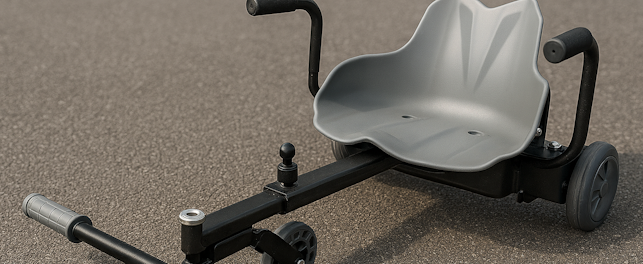SG 101/25
The US state of Minnesota has amended its law on intentionally added per- and polyfluoroalkyl substances (PFAS) in products.
In 2023, Minnesota approved HF 2310 (Chapter 60) to regulate intentionally added PFAS in products. This law bans PFAS in 11 product categories starting January 2025, requires a PFAS disclosure program for products on or before January 1, 2026, and places an eventual ban of these substances in goods starting January 2032.
In 2024, the Minnesota Pollution Control Agency (MPCA) issued a guideline to assist stakeholders with the 2025 PFAS prohibitions (SafeGuardS 63/24).
On June 14, 2025, the governor of Minnesota signed SF 3 (Chapter 1) into law to amend the state’s products containing PFAS law. Sections 19 and 20 of this appropriation bill, inter alia, expand the current list of exemptions for the 11 product categories under the 2025 PFAS prohibitions to include products containing intentionally added PFAS only in their electronic components or internal components from the prohibition. It furthermore excludes several types of children’s vehicles from the PFAS prohibitions in ‘juvenile products’.
Table 1 provides an overview of current measures under Minnesota Statutes §116.943, as amended by SF 3 (Chapter 1, 2026).
| Substance | Scope | Requirement | Effective date |
| PFAS |
|
Prohibited if intentionally added
Exemptions
|
January 1, 2025 |
| PFAS |
|
|
By January 1, 2026 |
| PFAS |
|
|
January 1, 2032 |
|
¹The following products made for children and their replacement parts are not considered juvenile products: 1) off-highway vehicles, 2) all-terrain vehicles, 3) off-highway motorcycles, 4) snowmobiles and 5) electric-assisted bicycles. ²’Internal components’ means internal part of a product, whether permanently affixed or removable, that are not to be touched during intended use or handling. The term includes parts of a product used for holding batteries regardless of whether the parts are touched when batteries are replaced. ³A waiver for information requirements may be granted if these are already publicly available. Testing results must be furnished within 30 days if requested. A certificate of compliance (CoC) must be provided if testing determines that the product does not contain intentionally added PFAS. |
|||
Table 1
With facilities accredited to ISO, Australian, European and US standards, and experts covering every region of the globe, we are the number one choice for precise, innovative solutions for PFAS testing. Whether you require rapid turnaround times or shortlist remediation analysis, we have the capabilities to ensure your project is accurately and efficiently completed. Contact us for more information on PFAS testing, or visit our website. In the end, it’s only trusted because it’s tested.
© SGS Société Générale de Surveillance SA. This publication or website is a property of SGS Société Générale de Surveillance SA. All contents including website designs, text, and graphics contained herein are owned by or licensed to SGS Société Générale de Surveillance SA. The information provided is for technical and general information purposes only and offers no legal advice. The information is no substitute for professional legal advice to ensure compliance with the applicable laws and regulations. All information is provided in good faith “as is”, and SGS Société Générale de Surveillance SA makes no representation or warranty of any kind, express or implied, and does not warrant that the information will be error-free or meet any particular criteria of performance or quality.
16th Floor, Block A, No.73 Fucheng Road, Century Yuhui Mansion,
Beijing, Haidian District, China






